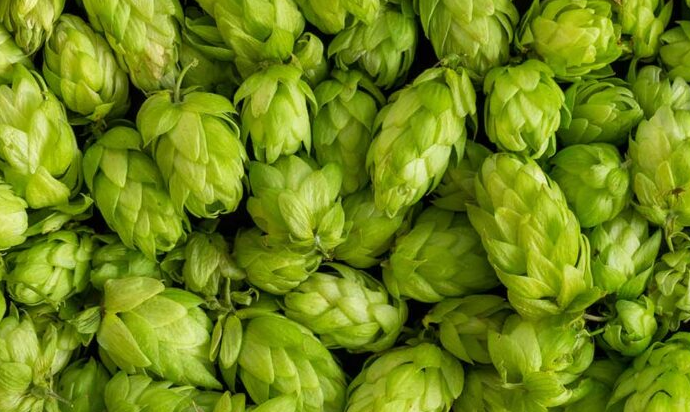Hops Management
Minimizing Beer Loss from Dry-Hopping
Breweries Can Save Thousands of Dollars By Minimizing Beer Loss from Dry-Hopping. Here’s How. When Skip Schwartz arrived on the job as head brewer at WeldWerks Brewing in Greeley, Colorado, he says the collective “we” at the brewery “kind of prided ourselves on using insane amounts of hops and not worrying about that sort of…
Read MoreHop Creep: Causes, Effects and Prevention
Hop creep refers to the overattenuation of dry-hopped beer. One might otherwise describe it as a sneaky, unwanted secondary fermentation that can lower gravity, provoke a diacetyl spike, and create excess alcohol and CO2. This article explores hop creep in depth: causes, effects and things you can do to prevent it.
Read MoreProtein Haze: How Understanding pH Will Help You Brew Intentionally Unclear Beer
Have you caught the haze craze? Until the last decade, hazy beers tended to show up primarily as mistakes or unfiltered styles like Belgian and German wheats. There are many ways to create protein haze in beer and more ways to avoid it. This article explores the role pH plays in crafting successfully murky beers.
Read MoreWhy Some Experimentally Minded Brewers Are Dry Hopping During Active Fermentation
By refusing to wait until fermentation has finished to dry-hop their beers, brewers are extracting surprisingly different aromas, flavors and appearances In addition to “hazy” and “tropical,” “dry-hopped” may be the word-du-jour ricocheting around the IPA landscape. Most dry hopping — which must happen post-boil for the hops oils to retain their delicate volatile compounds…
Read More




